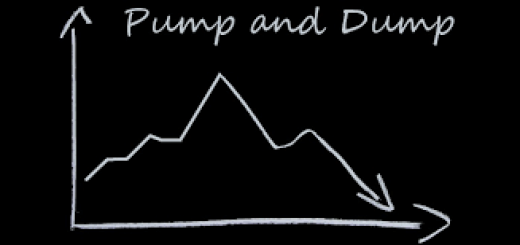 The US Congress should agree to higher taxes on the wealthy to avoid the fiscal cliff, a top Republican economist has said in a sign of the rapidly shifting political climate in Washington before negotiations to avert the looming budget crisis. Writing for the Financial Times, Glenn Hubbard, who advised Barack Obama’s rival Mitt Romney on his losing presidential bid, is the latest prominent conservative to suggest Republicans should change tack and accept the president’s structure for impending budget talks. “The first step is to raise average (not marginal) tax rates on upper-income taxpayers,” he wrote. “Revenues should come first from these individuals.” Mr Hubbard said that could be achieved by eliminating tax loopholes and capping popular deductions – such as those for mortgage interest, charitable giving and employer-provided health plans – rather than allowing Bush-era tax rates for the rich to expire this year, as Democrats are demanding, The Financial Times.
The US Congress should agree to higher taxes on the wealthy to avoid the fiscal cliff, a top Republican economist has said in a sign of the rapidly shifting political climate in Washington before negotiations to avert the looming budget crisis. Writing for the Financial Times, Glenn Hubbard, who advised Barack Obama’s rival Mitt Romney on his losing presidential bid, is the latest prominent conservative to suggest Republicans should change tack and accept the president’s structure for impending budget talks. “The first step is to raise average (not marginal) tax rates on upper-income taxpayers,” he wrote. “Revenues should come first from these individuals.” Mr Hubbard said that could be achieved by eliminating tax loopholes and capping popular deductions – such as those for mortgage interest, charitable giving and employer-provided health plans – rather than allowing Bush-era tax rates for the rich to expire this year, as Democrats are demanding, The Financial Times.
At least ten senior traders at Royal Bank of Scotland have been approached by authorities in the United States in connection with a criminal investigation into alleged manipulation of Libor interest rates by banks, The Times understands. The US Department of Justice has made initial approaches to the traders in the bank’s markets division in recent weeks as a first step to seeking formal interviews, sources said. It is the clearest sign yet that prosecutors are stepping up inquiries into whether employees of British banks broke criminal laws by allegedly conspiring to rig the benchmark interest rates used by banks to lend to one another. The move will stoke fears on City trading desks of a much wider investigation, involving other banks, that ultimately could lead to British traders being extradited to the US.
Traders expect China’s powerful State Reserves Bureau to resume purchases of base metals this week, three years after the end of a buying programme that helped prop up prices during the financial crisis of 2008-2009. The SRB, which reports to the National Development and Reform Commission, could offer to buy as much as 400,000 tonnes of aluminium and 150,000 tonnes of zinc from smelters, according to physical traders with knowledge of the plans. The purchases might start as early as Wednesday, they said, although it remained unclear exactly how the buying programme would be structured and how much metal the SRB would ultimately acquire. News of the planned purchases, which were first reported by Reuters, triggered a sharp rally in aluminium prices, according to The Financial Times.
Angry oil traders branded chronic output disruption at Britain’s biggest oilfield, Buzzard, as “worse than Nigeria” yesterday after production problems flared up again. Buzzard is the biggest of the North Sea fields that contribute to the Forties crude blend, which underpins the key Brent benchmark price. The latest production glitch at the field, owned by Canadian oil giant Nexen, struck on Sunday. That came only days after the flow of crude had restarted on 3 November, following an earlier extended, two-month shutdown. One trade source said yesterday: “It was back up to full output but [then]tripped… on Sunday, and production is still shut down.” One frustrated trader commented: “It is literally unbelievable. It is easy to say from the sidelines, but still, this is worse than Nigeria,” The Scotsman writes.
The City watchdog, the Financial Services Authority, is investigating claims by a whistleblower that Britain’s £300bn wholesale gas market has been “regularly” manipulated by some of the big power companies, exploiting weaknesses that echo the recent Libor scandal. Separately, the energy regulator Ofgem has been warned by a company responsible for setting so-called benchmark prices, ICIS Heren, that it had seen evidence of suspect trading on 28 September, a key date as it marks the end of the gas financial year and can have an important influence on future prices. The whistleblower, who worked for ICIS Heren, raised the alarm after identifying what he believed to be attempts to distort the prices reported by the company. These benchmark prices are critically important because many wholesale gas contracts are based on them and small changes in the price can cost or save companies millions, The Guardian says.






